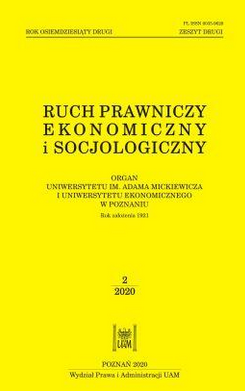ACCESS TO STANDARD ESSENTIAL PATENTS AND ANTITRUST ENFORCEMENT: THE CASE FOR LICENSING COMPONENT MANUFACTURERS
ACCESS TO STANDARD ESSENTIAL PATENTS AND ANTITRUST ENFORCEMENT: THE CASE FOR LICENSING COMPONENT MANUFACTURERS
Author(s): Rafał SikorskiSubject(s): Business Economy / Management, Financial Markets, ICT Information and Communications Technologies, Commercial Law, Court case
Published by: Uniwersytet Adama Mickiewicza
Keywords: standard essential patents (SEPs); FRAND licenses; refusal to license; licensing at component level; technical standards;
Summary/Abstract: The ability to compete on numerous markets today depends on access to technological standards. When standards are protected by standard essential patents (SEP), a license to use such SEPs will be required. There have been numerous disputes in various jurisdictions over refusals to license SEPs. Most recently, disputes concern access to SEPs by the manufacturers of components. Some SEP holders deny access to their standard essential patents to component manufacturers and prefer to license end product producers. This practice has become a highly contentious issue around the world. In particular, manufacturers of components who are denied access to SEPs claim that such refusals amount to violations of competition rules. The author examines this highly contested practice is an attempt to show when denying access to an SEP license could harm competition.
Journal: Ruch Prawniczy, Ekonomiczny i Socjologiczny
- Issue Year: 82/2020
- Issue No: 2
- Page Range: 19-34
- Page Count: 16
- Language: English

